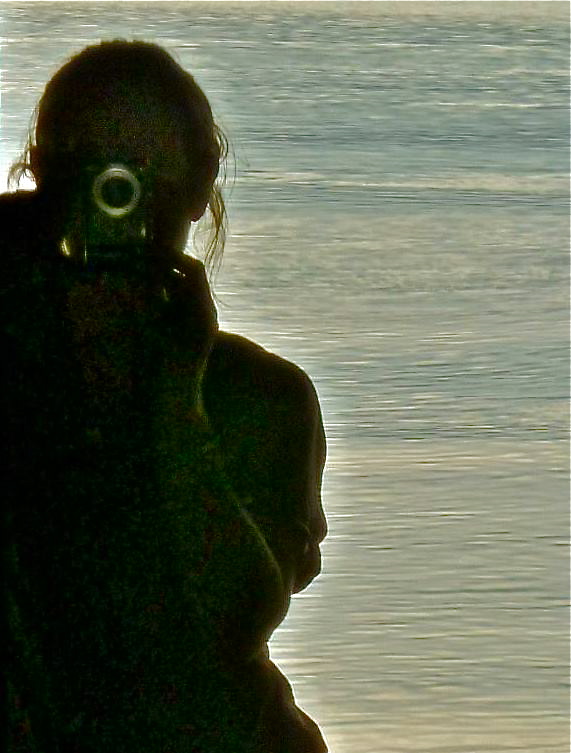Don't want a mega-mine? Change the law
It felt good last week when many people in Australia let it be known to the powers that be that they did not want super trawlers lurking off the south coast of their continent hoovering up tonnes of fish like never before. Federal Environment Minister Tony Burke, even though he had previously claimed that his hands were tied, changed the law so that the monster boat could not come to pass.
It was relatively easy to do, wasn't it Tony? The Environment Protection and Biodiversity Conservation Amendment (Declared Fishing Activities) Bill 2012 was passed in both houses, despite the Noalition*, and... Ay, caramba! The vessel formerly known as Margiris** is stuck in Port Lincoln in South Australia, and isn't going fishing in Australian waters for at least two years, until research has assessed its impact on fish stocks.
According to Emeritus Professor Ian Lowe of the School of Science at Griffith University here in Queensland and President of the Australian Conservation Council, despite four national state-of-the-environment reports having documented 'the steady and systematic worsening of all the major environmental indicators, including the loss of our unique biological diversity', the Queensland government's environmental policy has taken an enormous leap backwards in its 'old-fashioned determination not to let environmental concerns get in the way of expanding the mining industry and the coal industry in particular'.
Campbell Newman's government has so far scrapped funding to the Environmental Defenders Office; cut the feed-in tariff to householders using solar energy; introduced the Environmental Protection (Greentape Reduction) and Other Legislation Amendments Bill; and removed the waste levy so that waste from New South Wales and even Victoria is now being dumped in Queensland. Next in the government's sights is the revocation of Wild Rivers protections in Cape York on the pretext of aiding Aboriginal economic progress.
Environmental law tweaking is nothing new. In 2006, the government of the Northern Territory changed the law to allow the diversion of the McArthur River and hence the contentious development of a lead and zinc mine. This sorry tale is described in Mine-Field: the Dark Side of Australia's Resources Rush by Paul Cleary, who has reported on economics and politics in the Canberra press gallery for a decade and is a researcher in public policy at the Australian National University. He outlines many examples in recent history of people with ostensibly environmentally-correct credentials jumping into the royalty-jangling pockets of resource developers. Within two months of coming into office in 2010 Tony Burke
'granted 50-year licences to two enormous CSG projects that involve $35 billion of investment, almost 10,000 production wells and just as many thousands of kilometres of pipelines and roads, all linked to two new gas processing plants built within the Great Barrier Reef Marine Park. A few months later, Burke approved a third project equal in size to the first two combined. Burke's department... advised him that after approving the first two projects he just couldn't say no to the third, ignoring the cumulative impact.'
Cleary claims that the cumulative impact report required by one of these projects, the Gladstone LNG, as a condition of its approval, has still not been provided.
There are, of course, many examples of an environment minister blocking approval of a potentially damaging project. Those of us who fear for Queensland's, and indeed Australia's, landscape cling to the hope that any one, or several, of the following will happen: that politicians have the courage to change more laws, such as those that inadequately protect nature refuges and state forests from mining; that China's faltering economy together with falling commodity prices worldwide will force a rethink among those planning to develop resources in the state's central basins; that Labor somehow win the next Federal election and can therefore continue Australia's first faltering steps towards reducing the country's massive carbon emissions; and that everyone will grasp the imperative to change the global economic system with its continuous-growth fixation.
In the meantime, we don't want super trawlers and we don't need any more ginormous 300-tonne coal haul trucks than we've got already.
* The name affectionately given by people like me to Tony Abbott's constantly naysaying Federal Opposition (the LNP is a coalition of the Liberal and National parties)
** The vessel has been reflagged (its home port is now Brisbane!) and renamed Abel Tasman. The ship is Dutch-owned and was brought here at the behest of Seafish Tasmania



